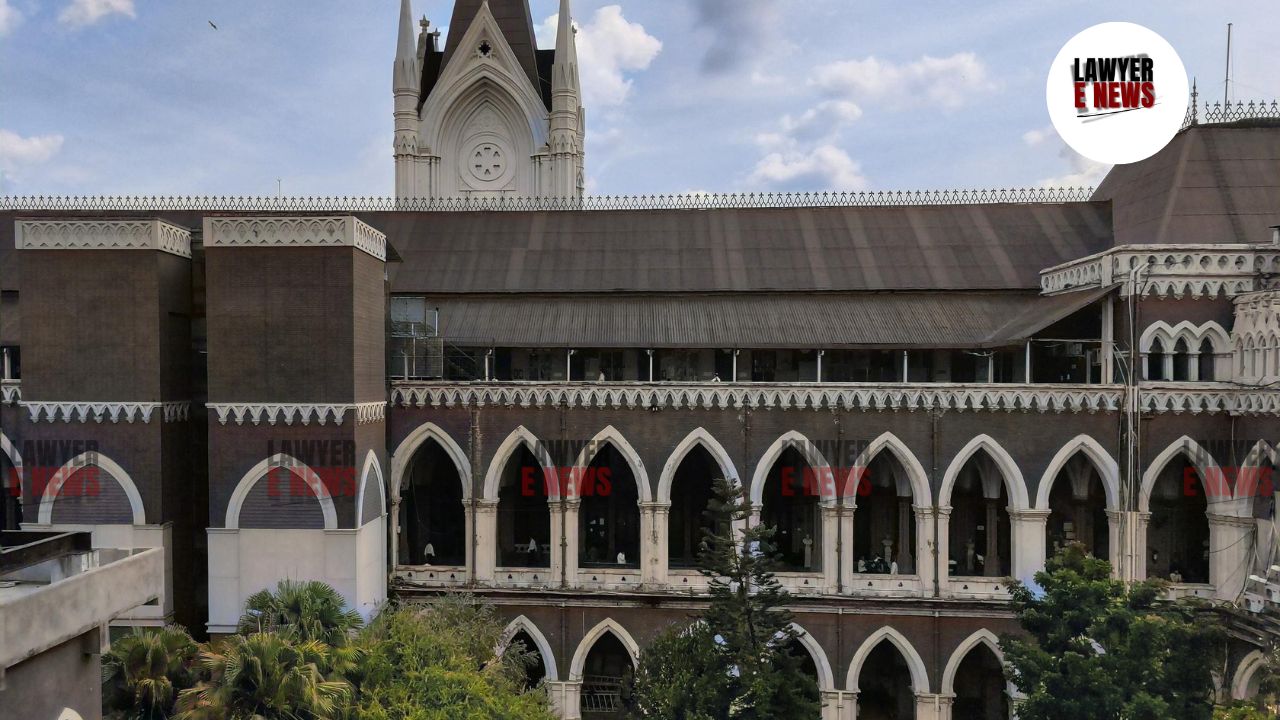-
by Admin
15 February 2026 5:35 AM



Justice Ajoy Kumar Mukherjee affirms the right of a school headmistress to withdraw her resignation before its effective date, setting aside lower courts’ judgments. The High Court of Calcutta has ruled in favor of Nirmala Sahu (Samanta), a headmistress who sought to withdraw her resignation before its effective date. Justice Ajoy Kumar Mukherjee, presiding over the case, emphasized the established legal principle that a prospective resignation can be withdrawn at any time before it becomes effective. This judgment overturns the decisions of the lower courts, which had previously upheld the resignation as effective upon its acceptance by the school authority.
Nirmala Sahu, appointed as the headmistress of Nandigram Braja Mohan Girls’ High School on July 11, 1984, tendered her resignation on December 16, 1996, requesting to be relieved by January 15, 1987. The school’s managing committee accepted her resignation in a meeting held on February 15, 1987, with an effective date of February 20, 1987. However, Sahu withdrew her resignation on February 14, 1987, which the school received on February 16, 1987, before the effective date of her resignation. The school contested her withdrawal, leading to legal proceedings.
The court underscored the validity of Sahu’s withdrawal of her resignation, citing that the resignation had not yet taken effect. Justice Mukherjee remarked, “In the absence of a legal, contractual, or constitutional bar, a ‘prospective’ resignation can be withdrawn at any time before it becomes effective.” He further noted that the managing committee’s resolution to make the resignation effective from February 20, 1987, did not prevent Sahu from retracting it before that date.
The judgment heavily referenced established judicial precedents affirming the right to withdraw a prospective resignation. The court cited key cases, including Union of India vs. Gopal Chandra Mishra (1978) and Power Finance Corporation Ltd. Vs. Pramod Kumar Bhatia (1997), to substantiate its ruling. These cases establish that an employee can rescind their resignation before it affects the tenure of their employment.
Justice Mukherjee articulated, “The resignation becomes effective only when it operates to terminate the employment or the office tenure of the resigner. In this case, the appellant’s withdrawal letter received on February 16, 1987, rendered the resignation ineffective before its intended effect date.”
The High Court’s decision to allow the appeal and dismiss the original suit reinforces the legal framework protecting employees’ rights to withdraw prospective resignations before they take effect. This ruling clarifies that acceptance of a resignation does not preclude its withdrawal if the effective date has not yet been reached. The judgment is anticipated to have significant implications for employment law, particularly in cases involving prospective resignations and their withdrawal.
Date of Decision: 14th May 2024
